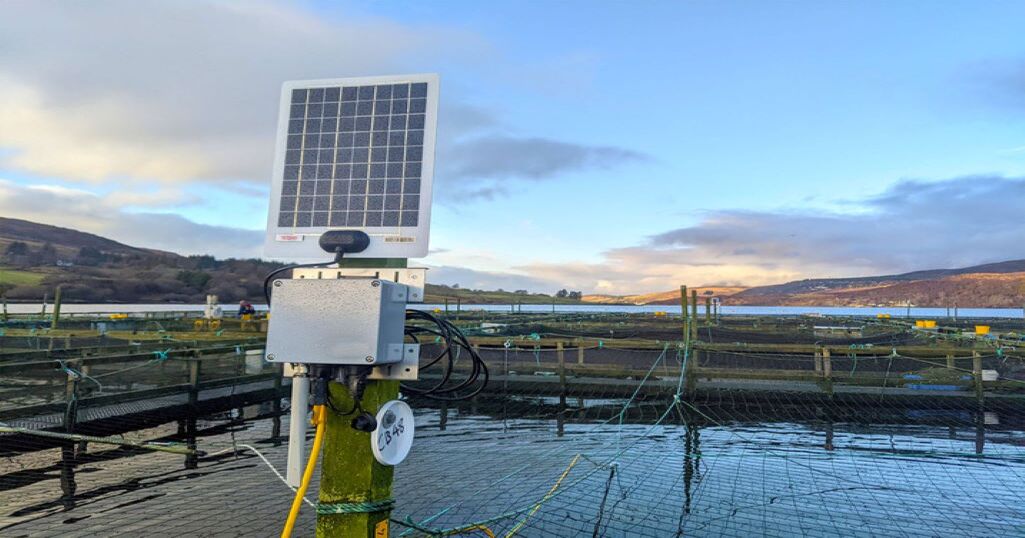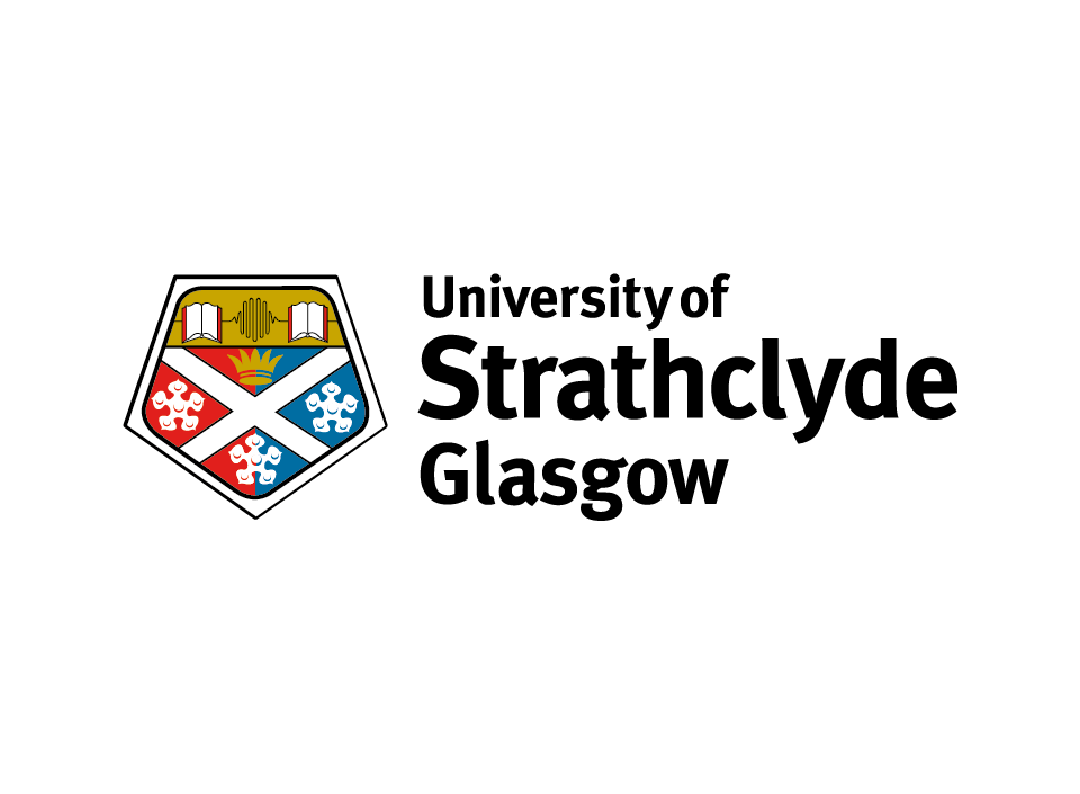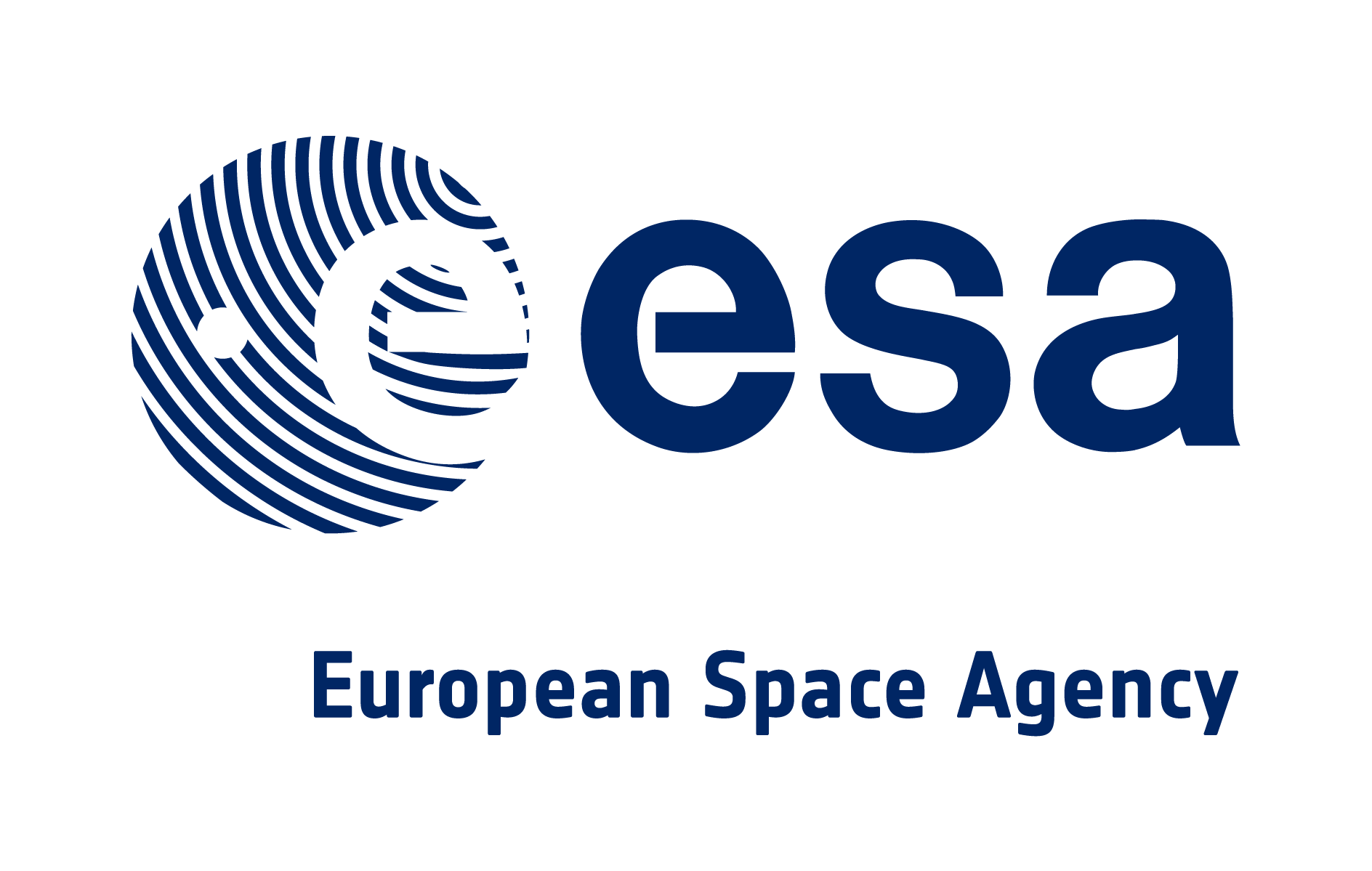The project focused on developing two key elements within the platform – the K-Cell smart gateway and the K-Cloud, core components of the Krucial Connected Seafarm solution. Thanks to seamless integration with satellite communication systems, the solution gives users access to connectivity even in areas with no traditional communications infrastructures. It can also be managed and configured remotely and uses uniquely flexible power design to support operations on- or off-grid, thereby extending the digital reach of customers beyond the availability of power infrastructure. Designed and tested for outdoor deployment, the kit itself can be deployed in even the harshest environments, including offshore, and has been built to be cyber-secure. The K-Cloud enables several key functions required for the management of large-scale IIoT deployments, as well as providing API interfaces to third party applications for communicating sensor and other data. The user interface provides a permissions-based authorisation suite to organisations along with a wide range of diagnostic tools.
As part of the validation phase of this new technology, Krucial turned to salmon aquaculture, a significant industry for Scotland which provides important revenue and jobs in remote areas of the country. The industry has recognised the need to innovate but in some areas lacks the required supporting communications infrastructure.
Krucial identified a suitable site off the west coast of the Scottish mainland to test the capabilities of its technology. The site was ideal as it had only intermittent cellular activity and no on-site power infrastructure to support traditional digitisation efforts.
The K-CELL, together with a suite of environmental and operational sensors, functioned as required throughout the scope of the trial and was able to relay important weather and water condition data back to a customer dashboard. This data enabled them to use real-time information about fish welfare, environmental conditions and other parameters to make informed business-critical decisions. The service was able to alternate between cellular and satellite for communication back to the cloud and, when cellular connectivity went down in the region for an extended period due to severe weather conditions, still continued to work effectively, highlighting the important value that cellular-satellite hybridisation can bring to global digitisation efforts.
Damien Roques, ESA’s lead engineer on the Krucial project, said “We are delighted to have supported Krucial to develop a state of the art, satellite-enabled product, and helped them to successfully deploy it to relevant industries, thereby closing the digital divide when it comes to connectivity for the IIoT.”
In providing a cost-effective and accessible connectivity platform to industries where communications have previously been challenging, Krucial has also seen exponential growth of its own with staff numbers increasing rapidly and entry into new international markets. Further large-scale customer pilots are planned for 2023, and the company has plans for an increase in production capacity to meet the growing demand for the product.
Kevin Quillien, Co-founder and CTO of Krucial, said: “Krucial’s technology will help digitise the planet, illuminating what have long-been data blackspots across a whole host of industries.
“The support of ESA has been invaluable in making this project a reality and proving our cutting-edge offering in a real-world environment. What we found was that our resilient connectivity and drop-in communications network can be critical to keeping data flowing even in hard-to-reach places, to the benefit of users.
“As we continue to grow and innovate further, the experience garnered from this project will be of huge value not just in our aquaculture operations but across other sectors as well, ranging from energy to rail and more.”
Learn more about Krucial Connected Seafarm at Aquaculture – KRUCIAL.









